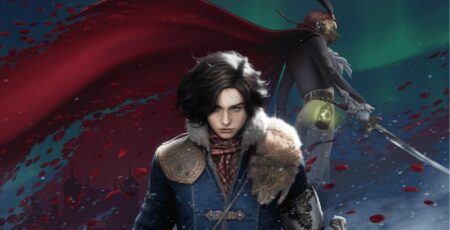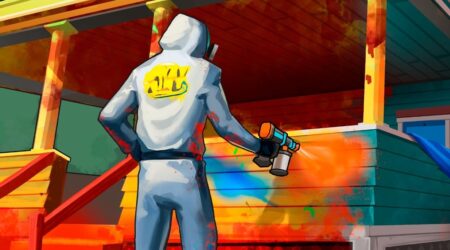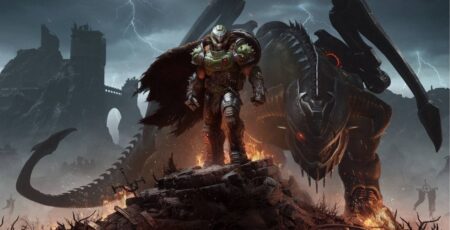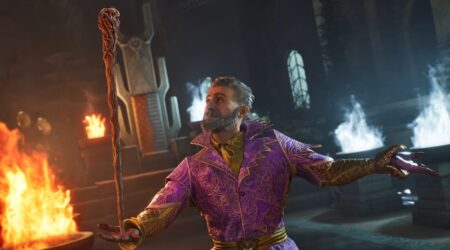When it was revealed that the fast-paced RPG franchise Like a Dragon (formerly known as Yakuza), would introduce a new main character, it seemed that former protagonist Kazuma Kiryu would finally be allowed to retire. Developer Ryu Ga Gotoku Studio had other plans, however, because Kiryu is front and center once more in what should be his final adventure, Like a Dragon: Infinite Wealth. Fortunately, the latest entry in the Sega-published series is a masterpiece and a worthy sendoff for the legendary character, with an incredible cast, a gripping story, and a beautiful world to explore.
Kazuma Kiryu isn’t the only protagonist in this entry. Ichiban Kasuga returns to help him while also pursuing his own goals. When Ichiban is offered the chance to meet his mother, he immediately sets off for Hawaii where she lives. Unbeknownst to him, Kiryu and just about every faction of the Hawaiian criminal underworld is also seeking this mysterious woman. Their trip to paradise uncovers yet another massive conspiracy that threatens our heroes and their friends, setting them on their respective journeys. While Ichiban is fighting to uncover the plot against his mother, Kiryu is tying up loose ends before his terminal illness kills him. This allows for the two former yakuza to captain their own squads to support them in their quests.
A returning feature in Like a Dragon: Infinite Wealth is the Job system, which acts as character classes. It allows players to mix and match their party members to create unique compositions. Not every job returns from the previous entry, but there are new outlandish jobs to round out the selection, such as the Martial Artist or the Cowboy. While each job has its strengths and shortcomings, there are a few that stand out due to their unique mechanics or playstyle.
Kiryu’s exclusive Dragon of Dojima job allows him to swap styles, making his basic attacks faster or more brutal to fit the situation. The female party member-exclusive job Kunoichi rewards players for gathering agility buffs, using them to strengthen their ninja moves. Each job learns new skills as they level (and your party’s skills), but this kind combat is more fleshed out this time around, so players won’t be forced to rely exclusively on them.

In fights, characters can move a short distance before attacking, allowing players to line up an attack to hit multiple opponents. Knocking an enemy back into a wall, for instance, inflicts additional damage. Knocking them into other opponents deals damage to both. Many skills can hit multiple combatants o the battlefield. They highlight the affected area so the player can line up their attacks or focus on the enemy that will yield the most damage. Basic attacks in particular are improved, allowing other party members to join the attacker, along with a potential follow-up attack if the opponent is knocked to the floor. This cooperation in combat makes the party members feel more connected, which ties in with their bond levels.
As players adventure with their party, they will increase their bond with each party member, eventually granting access to Drink Links, a series of scenes where they open up to their party leader, Kiryu or Ichiban, about a specific issue they’re having. Completing these scenes increases the chance that they’ll automatically help in combat, exemplifying the growing trust throughout the party.
Bonds are also improved by a series of conversations scattered throughout the world. Each character has 16 conversations centered around them, highlighting their unique quirks, fears, hobbies, and more. These conversations and Drink Links provide an optional glimpse into these characters’ lives, providing additional insight into their motivations and rounding them out further.
A staple of the Like a Dragon franchise is the strong storytelling, where a simple premise eventually reveals a massive conspiracy. Like a Dragon: Infinite Wealth is no different. Ichiban, Kiryu, and their crews are swept up in events much bigger than them, but it occurs so gradually that it’s easy to follow along. The dual protagonists also keep focus on their personal goals, which are deftly woven into the narrative along with the overarching story.
Ichiban, in particular, shows his potential as the ongoing protagonist of the franchise, learning and growing from his mistakes and earnestly standing by his ideals, even against common sense. Ultimately, the story revolves around the legacy people leave behind, and the consequences of a storied life. While Ichiban is working to secure a future for his loved ones, Kiryu is more preoccupied with the past.
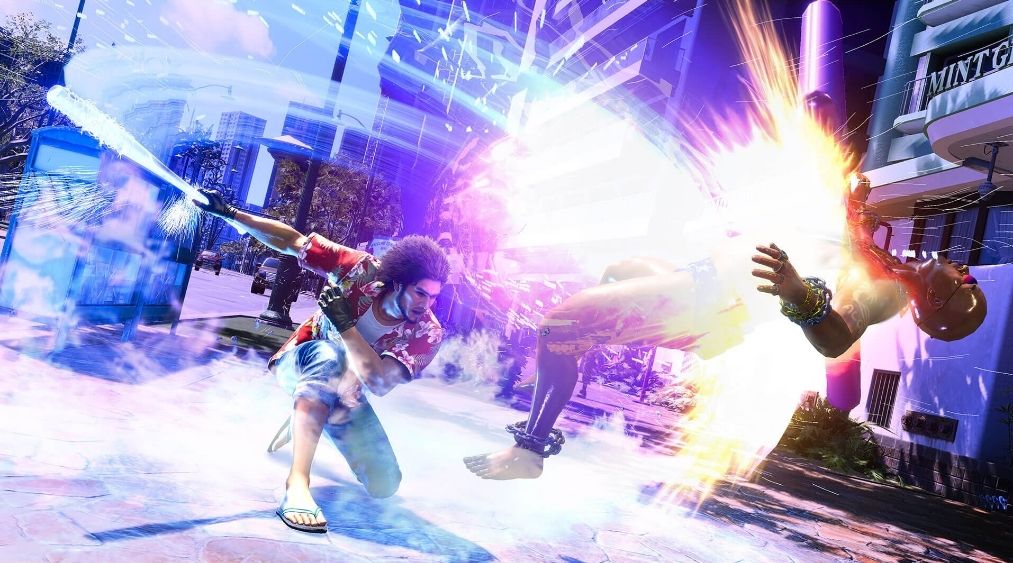
Despite all the threats Kiryu has faced over the past few decades, it seems his time is finally drawing to a close. The stoic former gangster initially seems resigned to his fate, but with the help of his friends, he’s tying up his loose ends. In-game, this presents itself as a bucket list—a checklist of random tasks and locations where Kiryu can reminisce about his past, all of which improve the strength of his Dragon of Dojima job. Completing his bucket list also gives Kiryu access to a series of scenes related to his past. Even as a relative newcomer to the franchise myself, these scenes carried so much gravity that they quickly became the highlight of the time spent with Kiryu.
It isn’t all serious, as anyone who’s played the series can attest. With a unique mix of quests and larger-than-life heroes, there are plenty of fun and silly side stories and minigames to enjoy in between the heavier story beats. Players can deliver food while flipping their bike around the streets of Honolulu City, or test a dating app where Ichiban may be catfished by a chicken. Sujimon returns from the previous game, but this time, players can capture and train their own team in underground battles on their quest to be a Sujimon Master.
Of course, the most extensive mini-game this time around is Dondoko Island, an island resort that has fallen into disrepair and offers an infinite adventure. With the help of a strange pair of mascots and the resort’s crew, Ichiban can work hard to restore the island and turn it into a true paradise. In contrast with the more serious nature of the main story, these activities are great for unwinding and earning some extra cash.
Like a Dragon: Infinite Wealth feels like a victory lap while simultaneously paving the way for the future of the franchise. Half of the story is a retrospective that feels like a proper send-off for Kazuma Kiryu, but Ichiban’s portion of the story isn’t weak for it. Instead, it feels stronger because Ichiban is part of that legacy, and he fights to create a bright future and build his own legacy of empathy and love. For now, though, their struggles have resulted in a masterpiece.
Like a Dragon: Infinite Wealth is available now on PlayStation 4, PlayStation 5, Xbox One, Xbox Series X|S, and PC.
Like a Dragon: Infinite Wealth
-
Rating - 10/1010/10
TL;DR
Like a Dragon: Infinite Wealth feels like a victory lap while simultaneously paving the way for the future of the franchise.




